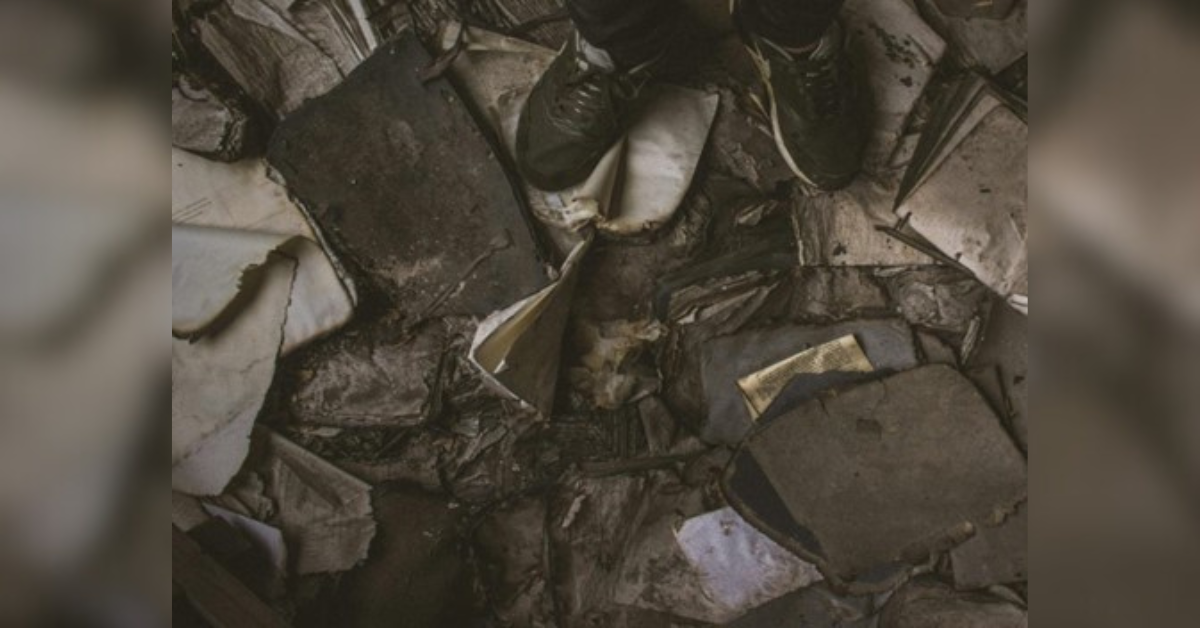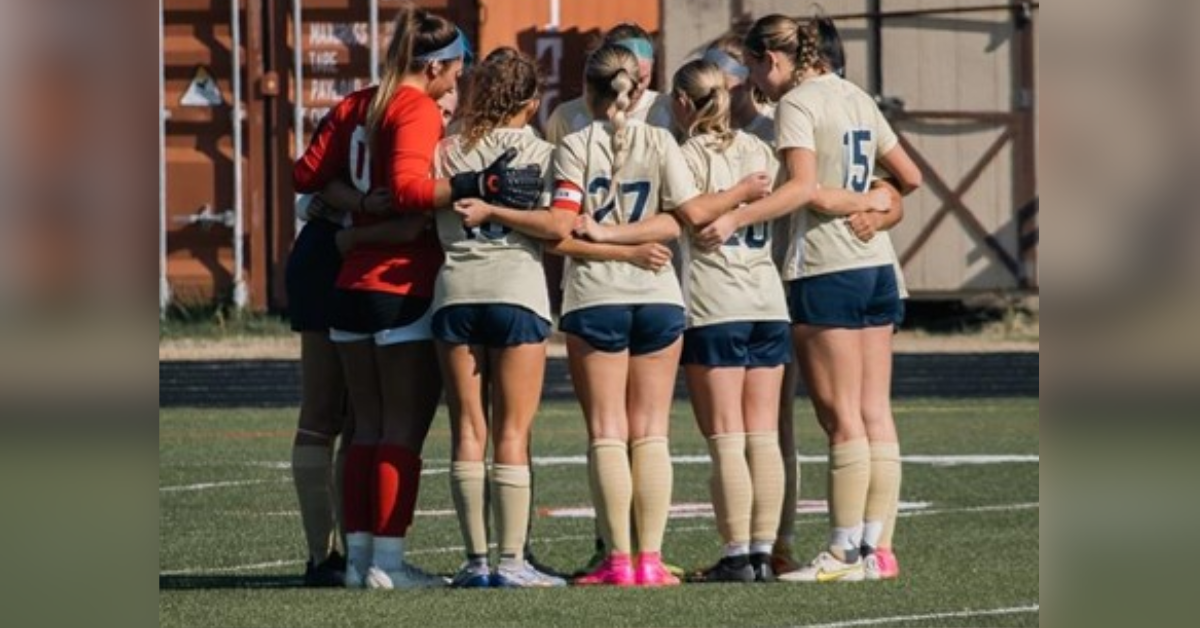Following the Gaza-Israel war erupting last October, there’s been an uptick in antisemitism in higher education institutions in the United States. However, acts of violence against schools are occurring worldwide, and more concerningly, increasing. Due to increased violence incidents in Ecuador, schools closed across some of the country’s biggest cities. A report by the Global Coalition to Protect Education from Attack stated in their 2022 report (their most recent) that military occupation of universities and schools globally has doubled as well.
Altogether, these attacks represent a 17% increase in acts of violence in higher educational facilities, though regions with ongoing conflicts, such as Ukraine, account for much of the rise. During attacks, there may be “…indiscriminate gunfire…” (Non-State Armed Groups and Attacks on Education) in areas near schools, whereas non-state armed groups who oppose ‘Western’ education, particularly those against girls or women learning, may target the schools with improvised explosive devices or abduct students. One militia group that operates out of the Central African Republic, the Seleka, openly targets women and girls. Problematically, Christian militias have formed within the region in hopes of launching counterattacks, making tensions interreligious in nature and more complex to manage, let alone hope to resolve.
Secretary-General of the United Nations António Guterres cited terrorist groups as the root problem, with Africa now being the “…global epicenter of terrorism…” as he called for such acts of “…violent extremism to be rooted out…” during a meeting in New York City focused on counter-terrorism initiatives (Africa now “global epicenter“). As of May 2023, 118 countries have supported the Safe Schools Declaration, which acknowledges that educational facilities are important so that communities can access “…foundations of which to build their future…” while United Nations Security Council Resolutions focus on encouraging all involved parties in armed conflict zones to desist from acts which would restrict access to education while deterring the use of schools by armed non-state groups and armed forces (The Safe Schools Declaration).
Interestingly, while countries like Palestine and Ukraine have ratified The Safe Schools Declaration, Russia and Israel have not. This is exhibited in how several hundred universities and schools have been destroyed across Gaza following the numerous military assaults on the small state by the Israel Defense Forces (IDF). The bombed institutions within Palestine include schools formerly run by the United Nations Relief and Works Agency, as well as private institutions. Currently, every university which was in the Gaza Strip has been demolished by the IDF, while thousands of students and hundreds of teachers have lost their lives as the conflict continues. This loss will undoubtedly affect generations to come.
Students in the United States typically can focus on their studies without concern of being interrupted by violence, though conservative media is perpetuating problematic views that “…as long as the conflict between Israel and Hamas continues, there will be rampant, unapologetic antisemitism on college campuses…” though the site goes on to state that “…higher education in America has been rotting from within for a long time…” while supporting a problematic idea that this country’s “…college campuses have created a climate of hate…” for the students which attend our nations institutions (The Daily Signal). Thankfully, at UIS, the last reported hate crime occurred in 2020, which differs drastically from right-wing media outlet reports.
Resources-
GCPEA_NSAG_ScopingPaper.pdf (protectingeducation.org)
Africa now ‘global epicentre’ of terrorism: UN chief (devdiscourse.com)
The Safe Schools Declaration – regjeringen.no
How Israel has destroyed Gaza’s schools and universities | Israel War on Gaza News | Al Jazeera
Colleges See 1,753% Spike in Antisemitism Since Hamas Attack (dailysignal.com)









